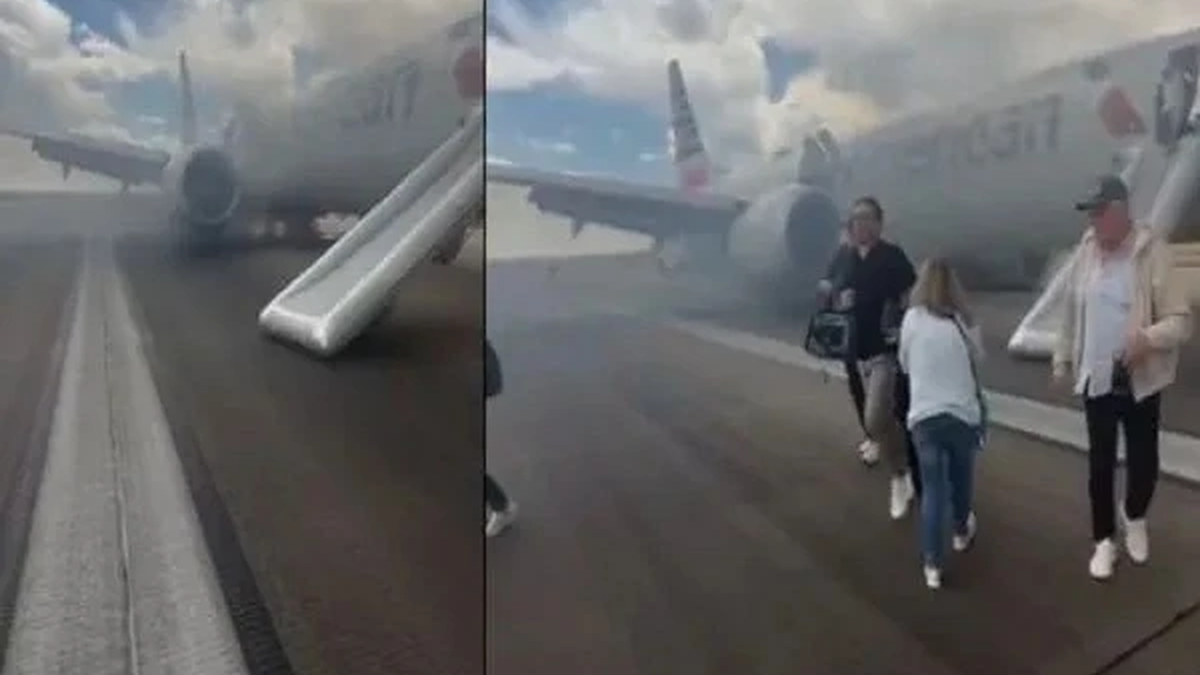The British government has announced that it will supply Ukraine with armour-piercing ammunition containing depleted uranium, a by-product of the uranium enrichment process. Uranium is needed to make nuclear weapons.
Responding to the information, Russian President Vladimir Putin warned that Russia would "respond accordingly if the West begins to use weapons with this 'nuclear component'" .
Depleted uranium bullets retain some radioactive properties, but cannot create a nuclear reaction like a nuclear weapon, according to Edward Geist, a nuclear expert at the RAND Corporation. But they are still very dangerous.
What is depleted uranium?
Depleted uranium is a byproduct of the uranium production process – used in nuclear fuel and weapons. While much less powerful than enriched uranium and incapable of causing a nuclear reaction, depleted uranium is extremely dense – denser than lead. This makes depleted uranium ammunition highly prized.

(Illustration)
“It's so dense and has so much momentum that it can penetrate armor – and it can heat up to the point of combustion,” Geist said.
When fired, the depleted uranium bullet essentially becomes “a metal dart fired at extremely high velocity,” said Scott Boston, a senior defense analyst at RAND.
In the 1970s, the US military began making armor-piercing bullets from depleted uranium and then adding it to composite tank armor to enhance its strength. They also added depleted uranium to the bullets fired by A-10 close air support attack aircraft, known as “tank killers.”
What does Russia say?
Russian Foreign Minister Sergei Lavrov said the British had "lost their way", warning that the weapons were "another step towards escalation".
Defense Minister Sergei Shoigu said the announcement was "one step further and the final escalation is not far away."
President Putin meanwhile warned that Russia would be "forced to react" if the UK supplied such ammunition to Ukraine without explaining the details.
What does America say?
White House National Security Council spokesman John Kirby said the parachute projectile, which enhances the ability to overcome tank defenses, is “non-radioactive” and “not anywhere near” the range of nuclear weapons.
“This is a common weapon… If Russia is particularly interested in their tanks and tank crews… they can send them back across the border to Russia. I think what’s really going on here is that Russia doesn’t want Ukraine to keep knocking out its tanks,” he said.
There are still risks
The United Nations Environment Programme has described the ammunition as "chemically and radioactively toxic heavy metals".
Although depleted uranium ammunition is not considered a nuclear weapon, its low radiation levels have prompted the United Nations nuclear watchdog to recommend caution when handling it and warn of possible risks of exposure.
The International Atomic Energy Agency (IAEA) warns that handling such ammunition “should be kept to a minimum, with protective clothing or gloves,” adding that “a public information campaign may be required to ensure that the public avoids contact with the pellets.”
“This would form part of any risk assessment and such precautions would depend on the range and number of munitions used in an area,” the organisation added.
The IAEA notes that depleted uranium is primarily a toxic chemical rather than a radiological hazard. Airborne particles containing the substance can be inhaled or ingested, and most are excreted. However, some particles can enter the bloodstream and cause kidney damage.
“High concentrations in the kidneys can cause damage and, in extreme cases, kidney failure,” the IAEA said.
Where was it used?
Depleted uranium rounds were used in the 1991 Gulf War against Iraqi T-72 tanks and again in the 2003 invasion of that country, as well as in Serbia and Kosovo. US military veterans of those conflicts have questioned whether their use led to the illnesses they now suffer.
Vyacheslav Volodin, speaker of the Russian lower house of parliament, said munitions containing depleted uranium could lead to "a tragedy on a global scale, which would primarily affect European countries".
Volodin said the use of such ammunition by the US in the former Yugoslavia and Iraq had led to "radioactive contamination and a sharp increase in cancers".
Phuong Anh (Source: Al Jazeera)
Useful
Emotion
Creative
Unique
Wrath
Source



































































































Comment (0)